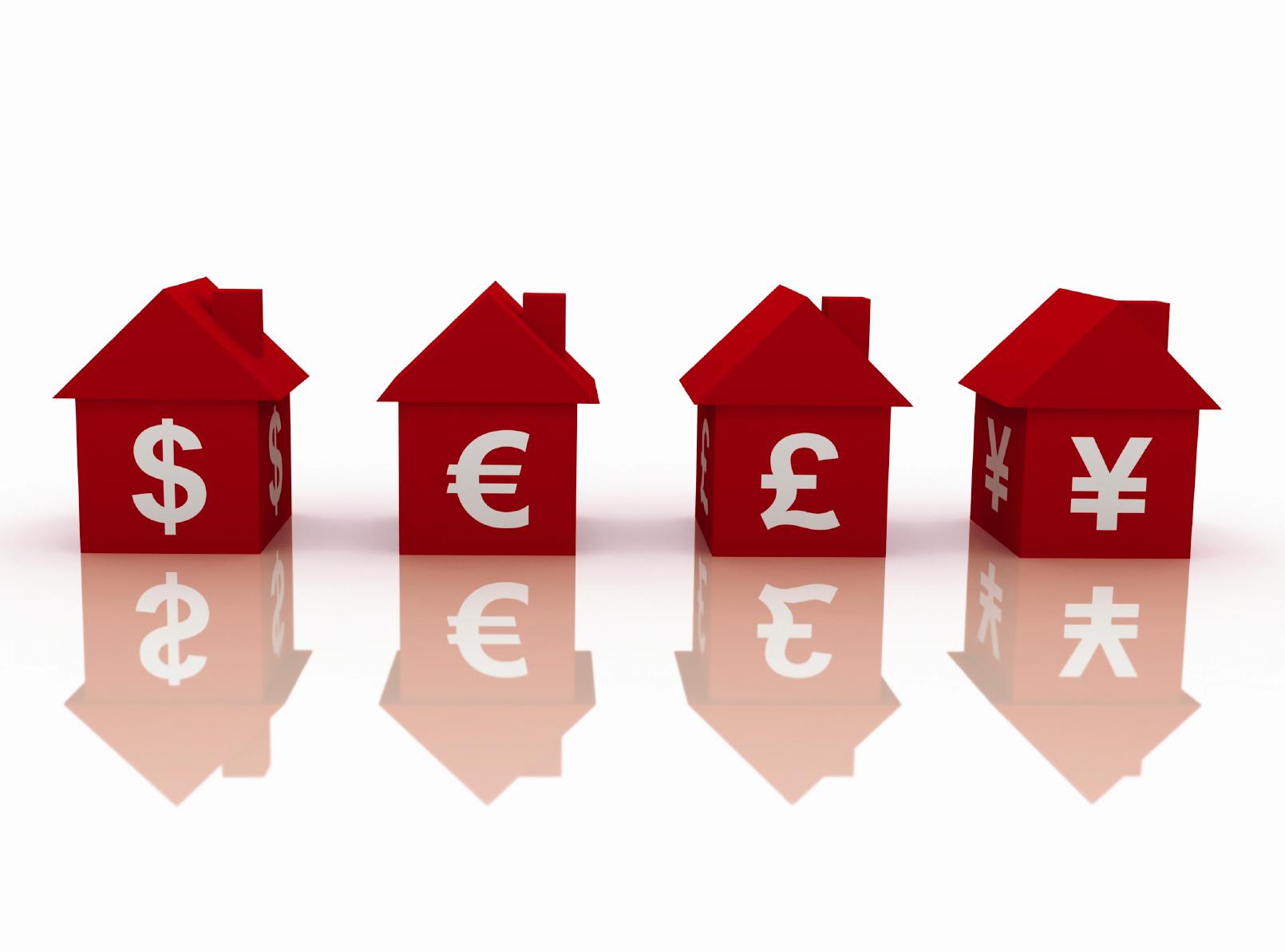The Housing Finance Association of Thailand announced more foreign buyers have bought into residential projects in Thailand due to discounted prices offered by property developers and the fall of the Thai baht.
Higher demand from foreigner investors in residential projects isn’t showing up in the data; however, as most prefer cash transactions instead of taking out mortgage loans when buying real estate in the country, HFA president Kitti Patpongpibul told The Bangkok Post.
There has also been a rise in demand from local investors who are looking to put their money in the real estate market for a safer return on their investment. Low interest rates and the country’s slow economy have helped make property more attractive for domestic investors. Return on property investment in Thailand is close to seven percent on average, a total that far surpasses deposit rates, the newspaper added.
There is a strong demand from homebuyers in Thailand and this is reflected in the healthy growth in mortgage loans. The banking industry saw a 10 percent jump year-on-year on outstanding loans at the end of March.
New mortgage loans, including those that were refinanced, are forecast to total THB600 billion in 2015. This would be 4.34 percent increase from last year. While approval for mortgage loans is stricter now than in the past, the rejection rate for loans is 20 to 30 percent, a relatively low number, The Bangkok Post noted.
Pikul Srimahunt, head of mortgage and small enterprise products at Siam Commercial Bank (SCB), said the bank’s housing loan rejection rate had risen by three percent in the past year. SCB’s rejection rate for salaried employees rose two percent while the rejection rate for self-employed applicants went up the most, from 19 percent to 34 percent.
SCB is currently Thailand’s largest mortgage lender with THB550 billion in outstanding loans. The newspaper reported that the bank expects its loan portfolio to rise to THB570 billion by the end of the year. The bank is shooting for THB120 billion worth of new mortgage loans this year after extending THB57 billion in the first half of 2015.



